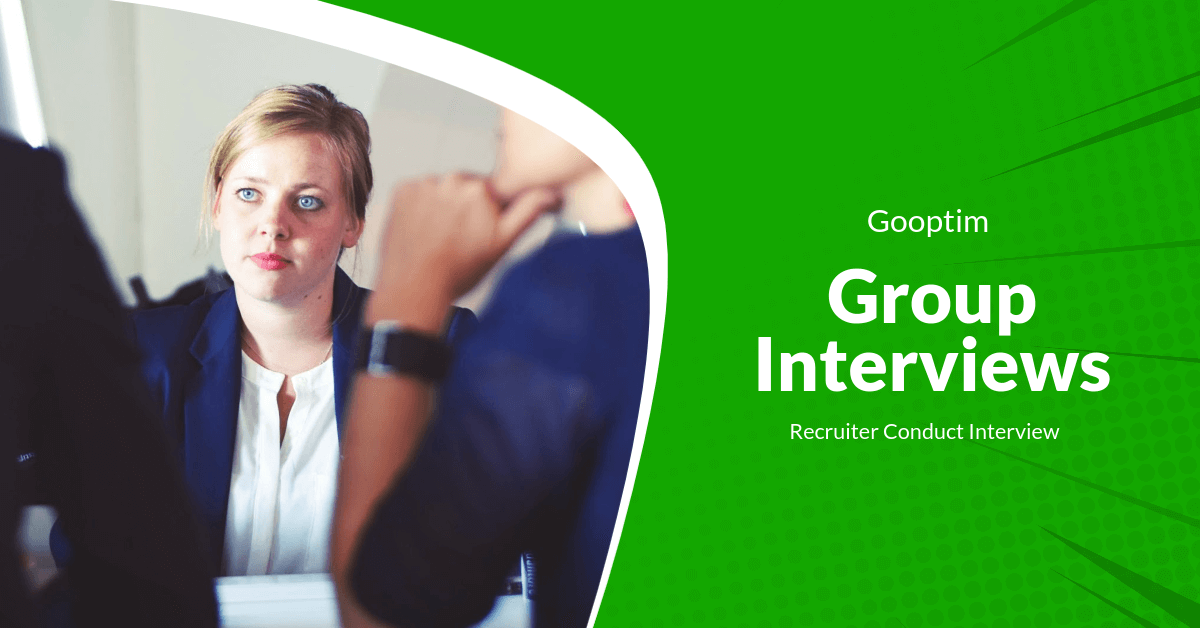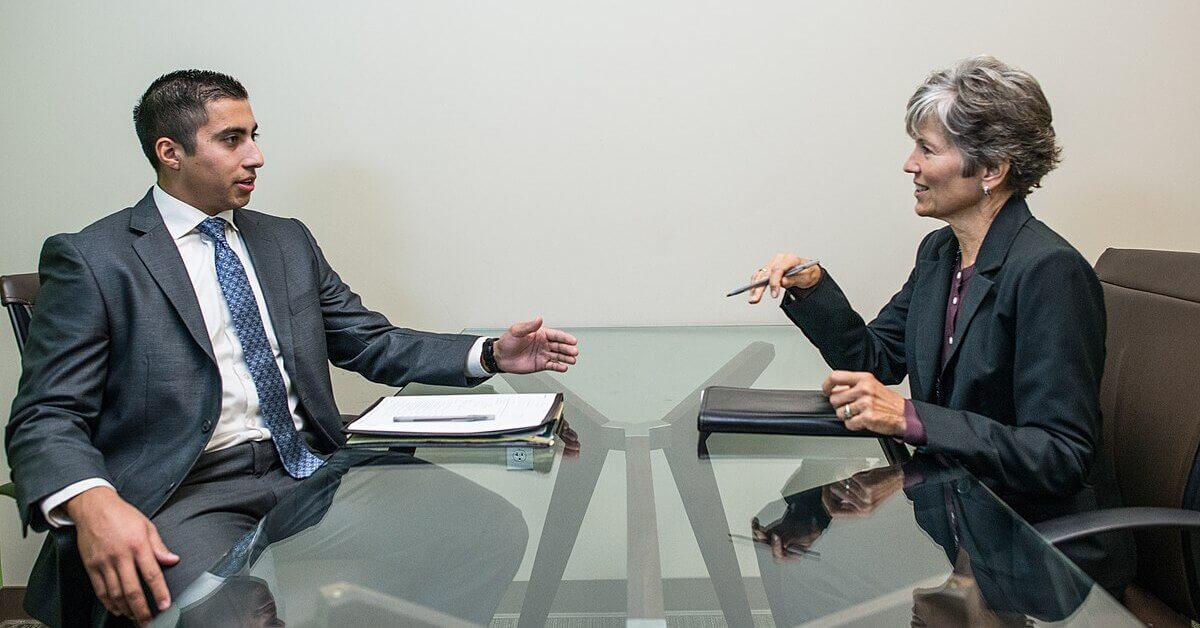
How Can Recruiters Conduct a Group Interviews
Group Interviews are a common employment strategy that recruiters frequently employ to improve hiring outcomes. Considering that they not only save time but also provide information about a candidate that could otherwise be overlooked. This interviewing technique assesses prospective candidates’ capacity to perform well under pressure by placing them in a more competitive setting. The best tactic you can do is to find a candidate who can operate well under pressure or attract a large group of people to join your team.

5 Simple Tips on How Can Recruiters Conduct a Group Interviews
1) Preparing and evaluating their applications
You must first evaluate all of your job applicants to conduct efficient group interviews. Examine their portfolios, cover letters, resumes, and other important documents thoroughly to get a better understanding of who they are. Some job searchers will write their cover letters and resumes in a more intimate tone, while others will be more formal and restrained.
C-level applicants will likely employ executive resume writing services to get your attention. Modern candidates want to use professional services to freshen up their resumes. They’ll need someone to summarize their years of expertise and accomplishments in a one-page résumé, after all.
2) Select the queries you’ll be posing to the group
Presenting a problem or a particular scenario first, then asking the group how they would approach it and find a solution is the greatest way to get thoughtful, in-depth comments from them. Individual inquiries, on the other hand, allow you to learn more about each applicant and not only observe how they behave when they are around their peers.
Asking each applicant “why did you leave your job” is acceptable. or “how do you go about teamwork and communication,” and then taking note of their responses to the other remarks.
3) Take Advantage of HR
You need to employ the correct technology to conduct group interviews successfully, especially if you want to follow your applications through various phases or swap out the candidates in each new group.
You can choose from several HR technologies for your interviews. For instance, you will need a solution that supports numerous guests and features like break-out rooms to conduct remote interviews.
You would need to spend money on an applicant tracking system (ATS) to keep track of all your candidates and save crucial information on each one in a centralized database to analyze and interpret resumes.

4) Before group interviews, decide on the interview structure and milestones
Both parties may feel overwhelmed during group interviews. It is simple to lose control of the interview’s flow, especially if the wrong technology is used, but it can also happen if the structure and schedule are unclear.
The finest prospects might choose to accept another job offer, and your candidates may lose interest in the entire process. Always bear in mind that a good interview keeps individuals interested and psychologically prepares them to join your brand and employee community. Keep it in mind, and do.
- Set your OKRs and Group Interviews goals (objectives and key results).
- Prepare group and individual tests according to the allotted time.
- Have time-stamped talking points that are apparent.
- During the interview, allow ample time for questions and responses.
- Allot time for post-interview comments
- Set aside time for break-out sessions and problem-solving at the proper periods.
- Include periodic breaks throughout lengthy interview sessions.
5) Assess the Applicants
Before moving on to the next round of interviews, analyze the data to uncover insightful information about each applicant and the group as a whole. The individual and group data you get will be crucial in guiding every subsequent interview until you find the team makeup you are seeking if you are hiring for a high-performing team.
if you are testing people through group interviews, you will require both data sets to fully understand a person and how they will fit in the new workplace.
Individual characteristics will provide you with a glimpse into their potential performance, but group characteristics will reveal how well they’ll function as a team.
- Communication
- Collaboration
- Trust
- Transparency
- Culture
- Accountability
In conclusion
Remember these easy-to-apply tips when doing group interviews because they’ll help you find the ideal candidates quickly. that while these require a lot of preparation and funding, they may significantly improve your hiring process if used wisely.
Read More Top 6 Recruitment Marketing Mistakes to Avoid
Stay Connected!!





